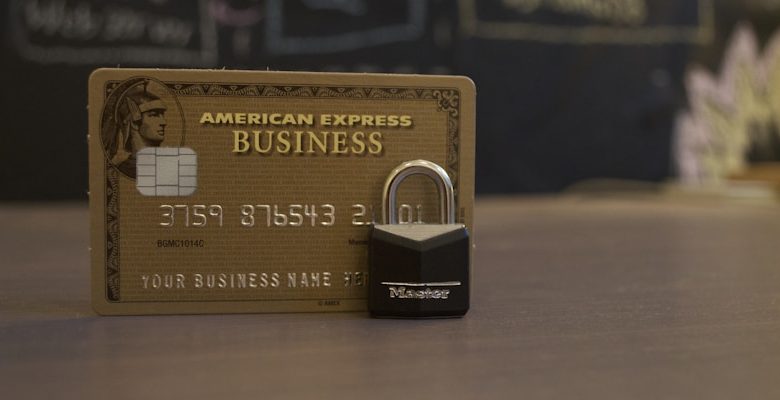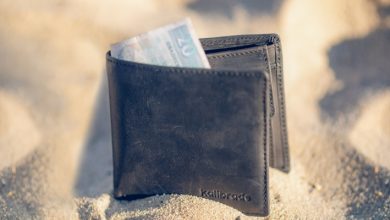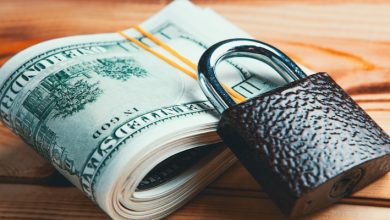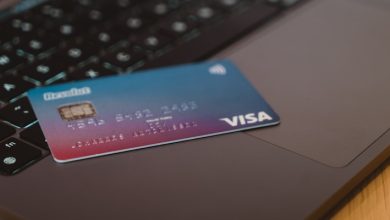How to Stay Informed About Emerging Wallet Security Threats

- Understanding the importance of staying up-to-date with wallet security threats
- Common types of security threats targeting wallets
- Tips for identifying potential security risks in your wallet
- Best practices for protecting your wallet from emerging threats
- The role of encryption in securing your wallet
- Resources for staying informed about the latest wallet security developments
Understanding the importance of staying up-to-date with wallet security threats
It is crucial to understand the significance of keeping yourself up-to-date with the latest wallet security threats. By staying informed about emerging risks, you can take proactive measures to protect your digital assets and personal information. Ignoring these threats can result in financial loss and potential identity theft.
Wallet security threats are constantly evolving as hackers develop new tactics to exploit vulnerabilities in wallets and exchanges. Being aware of these threats allows you to stay one step ahead and implement necessary security measures to safeguard your funds.
Regularly educating yourself about wallet security risks through reputable sources such as security blogs, forums, and official announcements can help you make informed decisions about your crypto investments. Additionally, staying informed about security breaches and vulnerabilities in popular wallets can help you assess the risks and take appropriate action to mitigate them.
Common types of security threats targeting wallets
There are various common types of security threats that target wallets, putting users’ funds at risk. It’s crucial to stay informed about these threats to protect your assets. Here are some of the most prevalent security risks:
- Phishing attacks: Scammers send fraudulent emails or messages pretending to be from legitimate sources to trick users into revealing their wallet login credentials or private keys.
- Malware: Malicious software can infect devices and steal wallet information, such as passwords or seed phrases, compromising the security of the funds.
- Brute force attacks: Hackers use automated tools to repeatedly guess passwords or private keys until they find the correct combination to access a wallet.
- Man-in-the-middle attacks: Cybercriminals intercept communication between users and wallet services to eavesdrop, modify, or steal sensitive information.
- Physical theft: If a wallet is stored on a physical device like a hardware wallet or USB drive, it can be stolen, leading to a loss of funds.
Tips for identifying potential security risks in your wallet
When it comes to keeping your wallet secure, it’s important to stay vigilant and proactive in identifying potential security risks. Here are some tips to help you spot any red flags:
- Regularly check your wallet for any signs of tampering or damage, as this could indicate that someone has tried to access your personal information.
- Keep an eye out for any unfamiliar or unauthorized charges on your credit or debit cards, as this could be a sign that your financial information has been compromised.
- Be cautious when using public Wi-Fi networks to make online purchases or check your bank account, as these networks are often not secure and can leave your information vulnerable to hackers.
- Consider using a RFID-blocking wallet or sleeve to protect your contactless cards from being scanned by thieves who use RFID skimming devices.
- Regularly review your credit report and monitor your financial accounts for any suspicious activity, such as new accounts being opened in your name or sudden changes in your credit score.
By staying informed and proactive in identifying potential security risks in your wallet, you can help protect yourself from falling victim to identity theft or financial fraud.
Best practices for protecting your wallet from emerging threats
When it comes to protecting your wallet from emerging threats, there are several best practices that you can follow to ensure your financial security. Here are some key tips to keep in mind:
- Regularly update your wallet software to the latest version to patch any vulnerabilities that may have been discovered.
- Avoid clicking on suspicious links or downloading attachments from unknown sources, as these could contain malware designed to steal your wallet information.
- Enable two-factor authentication on your wallet for an extra layer of security, requiring both a password and a secondary verification method to access your funds.
- Use a strong, unique password for your wallet that is not easily guessable and avoid using the same password for multiple accounts.
- Consider using a hardware wallet for storing your cryptocurrency, as these devices offer offline storage and are less susceptible to online attacks.
By following these best practices, you can help protect your wallet from the ever-evolving threats posed by cybercriminals. Stay informed and stay vigilant to keep your funds safe and secure.
The role of encryption in securing your wallet
Encryption plays a crucial role in ensuring the security of your wallet. By utilizing encryption techniques, sensitive information stored in your wallet is transformed into a code that can only be accessed with the proper decryption key. This makes it significantly more challenging for hackers to gain unauthorized access to your funds.
When choosing a wallet, it is essential to opt for one that offers robust encryption features. Look for wallets that use advanced encryption algorithms to safeguard your data effectively. Additionally, make sure to regularly update your wallet software to ensure that you are benefiting from the latest security enhancements.
Another important aspect to consider is the strength of your encryption key. It is recommended to use a complex and unique passphrase that is not easily guessable. Avoid using common phrases or personal information that could be easily obtained by cybercriminals.
Furthermore, encryption not only secures your wallet but also provides an additional layer of protection for your transactions. When you send funds from your wallet, encryption ensures that the transaction data is secure and cannot be intercepted by malicious actors.
In conclusion, encryption is a powerful tool in safeguarding your wallet against emerging security threats. By understanding the role of encryption and implementing best practices, you can enhance the security of your funds and have peace of mind knowing that your assets are well-protected.
Resources for staying informed about the latest wallet security developments
Staying up to date with the latest developments in wallet security is crucial to protect your digital assets. Here are some resources to help you stay informed:
- Follow reputable cybersecurity blogs and websites such as Krebs on Security, SecurityWeek, and The Hacker News. These platforms often provide in-depth analysis of emerging threats and best practices for securing your wallet.
- Join online forums and communities dedicated to cryptocurrency security. Platforms like Reddit’s r/cryptocurrency and Bitcointalk.org are great places to discuss security issues with other users and experts.
- Sign up for security alerts and newsletters from wallet providers and cybersecurity firms. Companies like Ledger, Trezor, and Bitdefender regularly send out updates on potential threats and security measures.
- Attend cybersecurity conferences and webinars focused on wallet security. Events like Black Hat and DEF CON feature presentations on the latest vulnerabilities and attack techniques targeting digital wallets.
- Engage with security researchers and white hat hackers on social media platforms like Twitter and LinkedIn. Following experts in the field can help you stay informed about emerging threats and proactive security measures.
By utilizing these resources, you can stay ahead of the curve and protect your digital assets from evolving wallet security threats.



